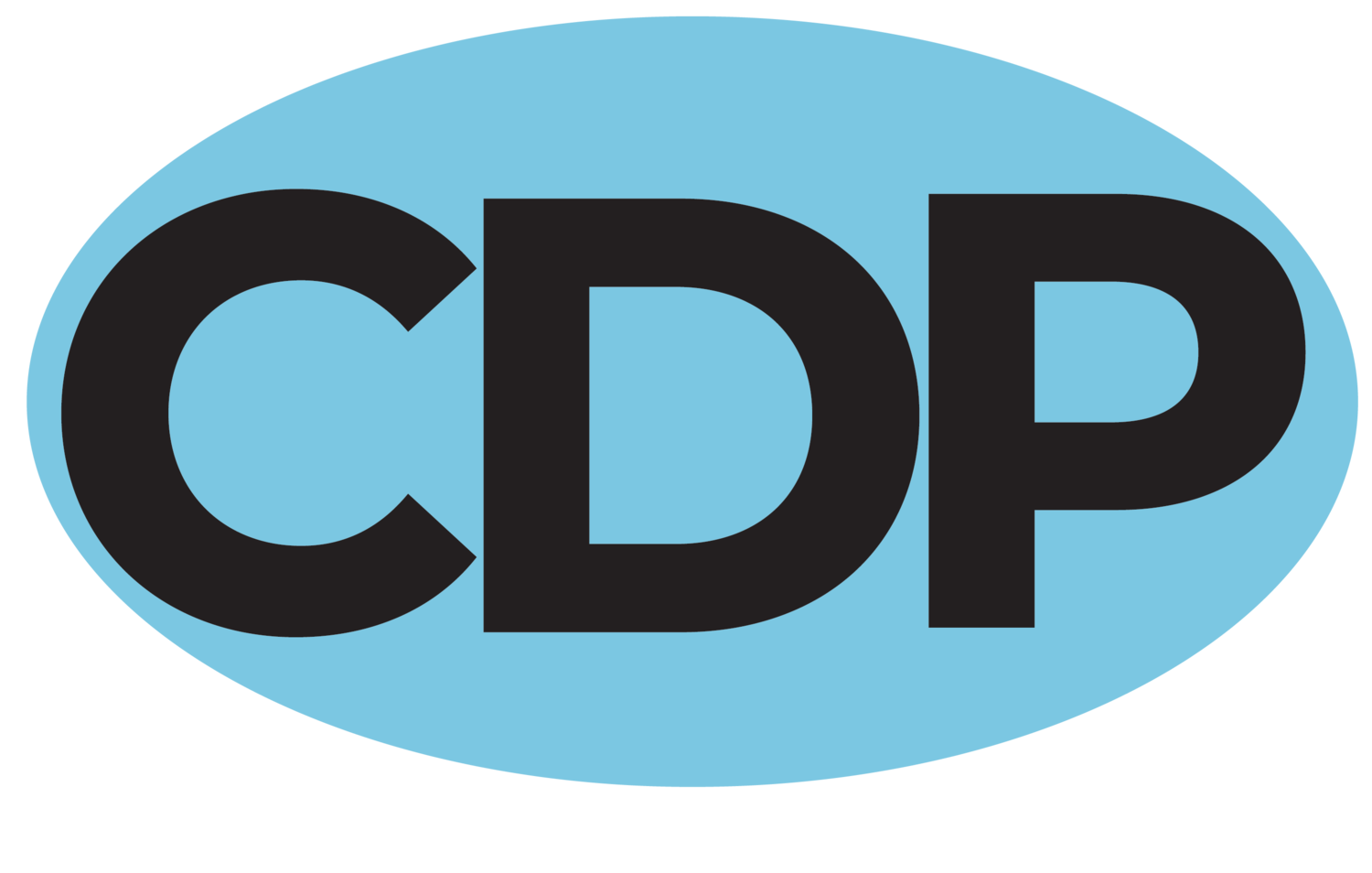Excerpts Series: Exploring Social Entrepreneurship
We’ll begin with a basic understanding and some definitions of terms we use when talking about Social Entrepreneurship. If you attend different seminars or trainings on social enterprise or social entrepreneurship, you will hear different nuances regarding the definition of social enterprise. This area is fairly new way of looking at doing business in communities. This is important to recognize as this practice has evolved, so different people have nuanced definitions of what all of these terms mean.
I’m not insisting that anyone subscribes to or follows the way we describe Social Entrepreneurship ONLY, but I do want to layout our overall definitions so that as we go through our training today, you’ll know what I mean when I use these terms.
1) Social Entrepreneurship is really more about the philosophy of using capitalist principles or typical business related ideas to organize, create and manage a venture or a business to make or support social change.
The concept of Social Entrepreneurship is invariably the idea of doing good. It’s about making a better community. Creating a better society. Benefiting humankind. There is always a social good element when we talk about Social Entrepreneurship.
The second idea consistent with Social Entrepreneurship is that always involves business ideas. Whereas our nonprofits have charitable structures, Social Entrepreneurship leans more heavily into the idea of using capitalist or business principles in order to bring about good or social change in our communities.
“So ... business + good = Social Entrepreneurship.”
Social Entrepreneurship uses the talents, vision, and skills of entrepreneurs. Those who want to start something new in order improve our communities or improve our society. We tap into the really great energy and passion of entrepreneurs and try to use that for good. That’s one of the things that makes Social Entrepreneurship very exciting.
Social Entrepreneurship should also solve social issues or challenges in our communities in new and innovative ways. One of the things I love about entrepreneurship is that it is about innovation — creating something new. Social Entrepreneurship is an opportunity to try new and innovative solutions for the good. Innovation and creativity are part of what comprises entrepreneurship and they are a part of this idea Social Entrepreneurship.
2) A Social Entrepreneur is the person. She or he is someone who recognizes that they want to do something to help society, or help the community or to benefit mankind. They recognize that there’s a problem and they want to use creative business principles to produce a solution.
The idea of the social entrepreneur is to tap in to the philosophy of Social Entrepreneurship to accomplish good.
Social entrepreneurs can be nonprofit leaders or small business owners. They can work in government — although it’s a little harder to be creative in government, but it can happen — or they can be educational pioneers. All of these different segments of the community can have social entrepreneurs at the helm or involved in those organizations.
Social entrepreneurs aren’t necessarily tied to a particular type of business. It can be anywhere. It’s just the idea of employing those capitalist principles in a creative way to tackle social issues or social problems or community challenges.
One of the places I love to see social entrepreneurs at work is in economic development because that is naturally very business oriented and very much about the market, but one can create good solutions in communities through business practices in government entities that are involved in economic development. So we can look for social entrepreneurs in lots of different places in our neighborhoods and in our communities.
Social Entrepreneurs are visionaries. They’re thinking of solutions. Just as we would think of entrepreneurs in general as being visionaries — go-getters who are going to do something new and different and innovative — that’s who social entrepreneurs are. They are visionaries who have skills, abilities and a vision to tackle challenges in their community or to create something that will benefit the community as a whole.
Social entrepreneurs are all the things we think about entrepreneurs, however they are compelled to do something really doing good in the community. In a much more intentional way, they want to try to solve a community challenge.
Social entrepreneur are change agents. I love that term, change agent, because that really is about making a difference. It is a good way to look at social entrepreneurs. They are change agents for our neighborhoods or communities, or our society as a whole. They try to seize opportunities that others miss because they’re trying to look for innovative and new ways to do things. They are thinking: How do we improve our system? How do we improve our communities? I love the idea of social entrepreneurs being tied with the term change agents.
The work is targeted not only towards small scale, but long-term change. It’s not just about solving today’s problems, they are looking at new ways of doing business. New ways of bringing something to the table that we can do as a community, or as a city, or as a county or as a state.
Social Entrepreneurs are really thinking — not necessarily about the immediate, although there will be some immediate benefits — but they are really thinking about long-term change. New systems. These are terms we think about regarding social entrepreneurs.
““Social entrepreneurs are not content just to give a fish or teach how to fish. They will not rest until they have revolutionized the fishing industry.””
This is a quote I love by Bill Drayton — he’s worth googling. If you haven’t read about him — he’s a pretty impressive fella.
A really good quote expressing the difference between just doing good today or really looking at big sweeping change. Revolutionizing — I love that term as we think about doing that in our communities. To do business a different way. This is the heart of social entrepreneurs.


